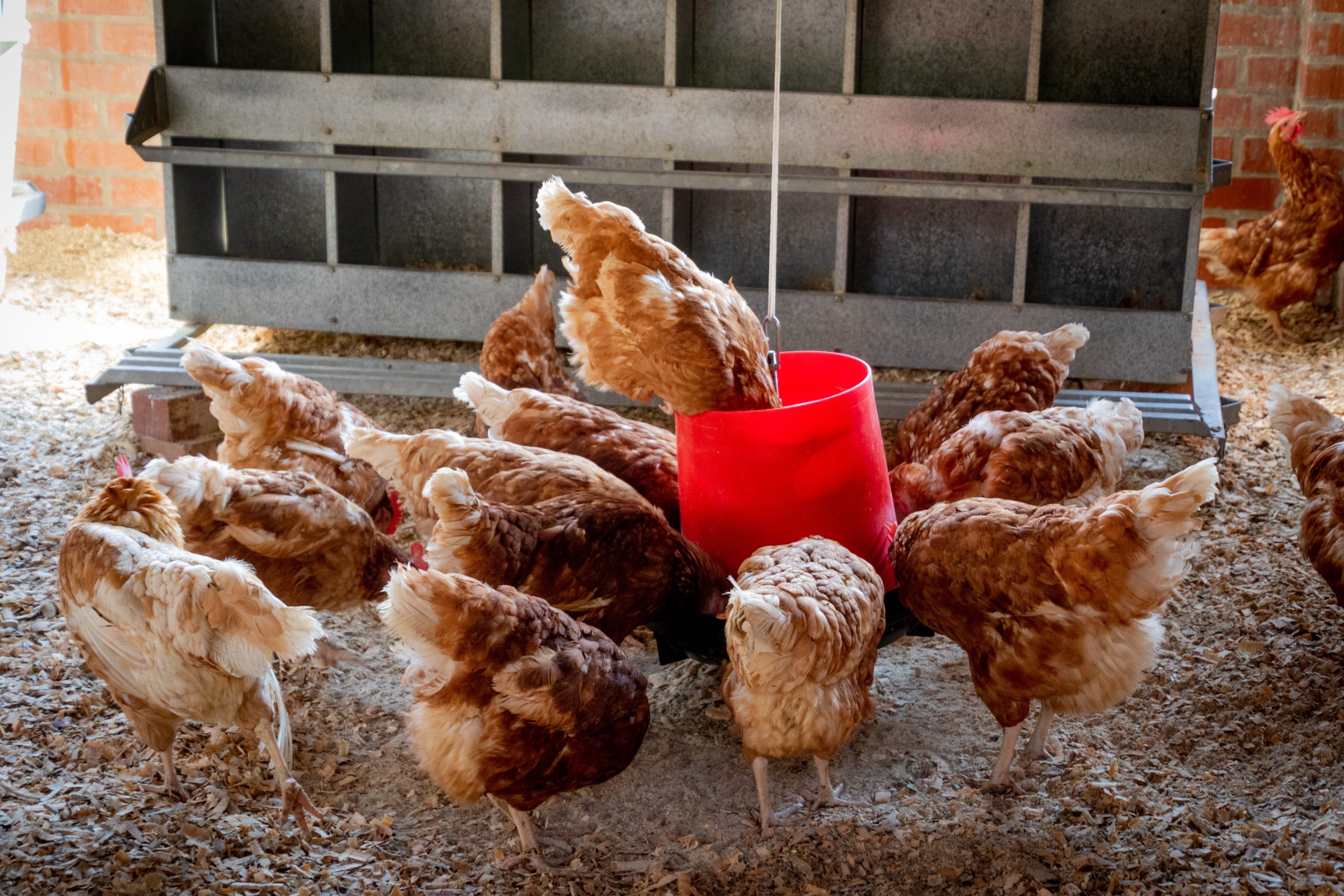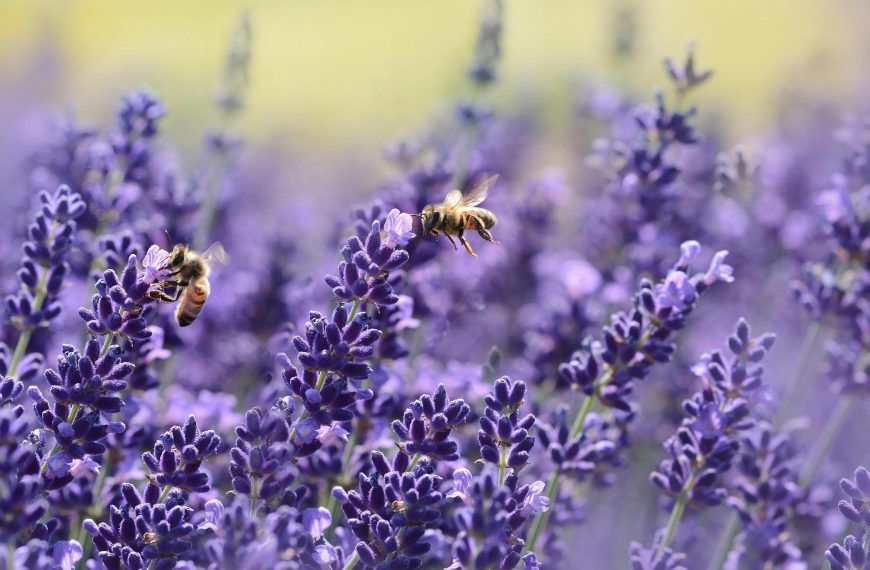In the realm of living a lifestyle, it is crucial to establish a connection between humans, animals, and the environment. Organic living goes beyond consuming vegetables without pesticides or opting for grass-fed beef; it encompasses adopting a way of life that values and supports animal welfare at every stage of production. This article aims to explore the multifaceted aspects of animal welfare in living and how making conscientious choices can contribute to a healthier and more sustainable planet for all its inhabitants.
The Foundations of Organic Living
At its essence, organic living follows principles rooted in sustainability, environmental stewardship, and responsible resource management. When these principles are applied to animal husbandry practices, they bring about a shift in our approach to interacting with and caring for the creatures that coexist with us on this planet.
Space and Comfort
One crucial aspect of animal welfare within the realm of organic living revolves around providing animals with space and comfort. On organic farms, animals are not confined to cramped cages or overcrowded enclosures. They have room to roam freely, graze on pastures, and engage in their instinctual behaviors. This freedom of movement contributes significantly to both their well-being and psychological state.
Diet and Nutrition
An important emphasis within organic living lies in ensuring animals receive a diet that is natural and balanced. This involves avoiding the use of antibiotics, artificial hormones, and genetically modified organisms in the animals’ feed. Organic livestock is typically fed with grass, which not only ensures their nutrition but also reduces the environmental impact of the operation.
Healthcare and Natural Remedies
Organic farms prioritize healthcare for their animals. This includes regular check-ups, vaccinations, and the use of natural remedies whenever possible. The aim is to keep the animals healthy without relying on methods that can contribute to antibiotic resistance.
Humane Slaughter
When it comes to slaughter practices, organic farms place great importance on treating animals with care and respect. Throughout their lives, including their final moments, they are treated with dignity. Humane methods such as stunning are employed during slaughter to minimize suffering.
Animal Welfare in Organic Livestock Farming
Pasture-Raised Livestock
Organic livestock farming promotes allowing animals to graze on pastures. This practice allows them to exhibit behaviors like foraging for insects and engaging in dust bathing. As a result, chickens raised on pasture exhibit better health and well-being.
Ethical Practices
Ethical practices are emphasized in organic farming, prioritizing the well-being of animals. This means that chickens are not subjected to debeaking, pigs are not docked of their tails, and cattle aren’t dehorned without anesthesia. These practices are in place to ensure that the animals’ welfare is prioritized over convenience or cost-cutting measures.
Biodiversity
Organic farms intentionally integrate a variety of animals into their operations. This diversity has benefits, including promoting soil health and controlling pests. It also benefits the animals themselves. For example, chickens following grazing cattle can help manage fly populations and spread manure, which acts as fertilizer for the soil.
Reduced Stress
One of the goals of organic farming is to minimize stress for animals. This is achieved through gentle handling techniques and by avoiding disruptions in their daily routines. Animals that experience less stress not only enjoy better overall health but also produce higher quality meat and dairy products.
No Routine Antibiotics or Growth Hormones
Organic farming strictly prohibits the routine use of antibiotics and growth hormones. This rule helps prevent the development of antibiotic-resistant bacteria while ensuring the long-term well-being of both animals and humans.
Animal Welfare in Organic Agriculture
Pollinator-Friendly Farming
The commitment to organic living extends beyond caring for farm animals; it encompasses all creatures, including insects and smaller wildlife. Organic agriculture practices often involve planting wildflowers and abstaining from pesticides. These efforts play a crucial role in protecting pollinators like bees and butterflies.
Preserving Habitats
Organic farms contribute to preserving habitats, providing a safe haven for various wildlife species. These protected areas serve as sanctuaries for animals in an ever-changing world.
Reducing Harmful Chemicals
Organic farming methods greatly minimize the use of chemicals, which can have harmful impacts on animals, especially those living in water ecosystems. By avoiding pesticides and artificial fertilizers, these practices help reduce the risk of chemical runoff into bodies of water.
Crop Rotation and Diversification
Organic farming promotes the practice of rotating crops and cultivating a variety of plant species. This not only enhances soil health but also disrupts pest life cycles, reducing the need for harmful pesticides. Healthier soils also support a range of organisms that thrive within them.
In our pursuit of a lifestyle, we have an opportunity to redefine our connection with animals and the environment. By embracing principles such as sustainability, ethical treatment, and responsible resource management, we can champion animal welfare at every stage of production – from farm to table. Choosing organic living offers a path towards a future where humans, animals, and the environment coexist harmoniously, creating a more sustainable planet for future generations. When we opt for products and support farming practices that prioritize animal welfare, we aren’t just nourishing our bodies; we are nurturing the spirit of our planet.









